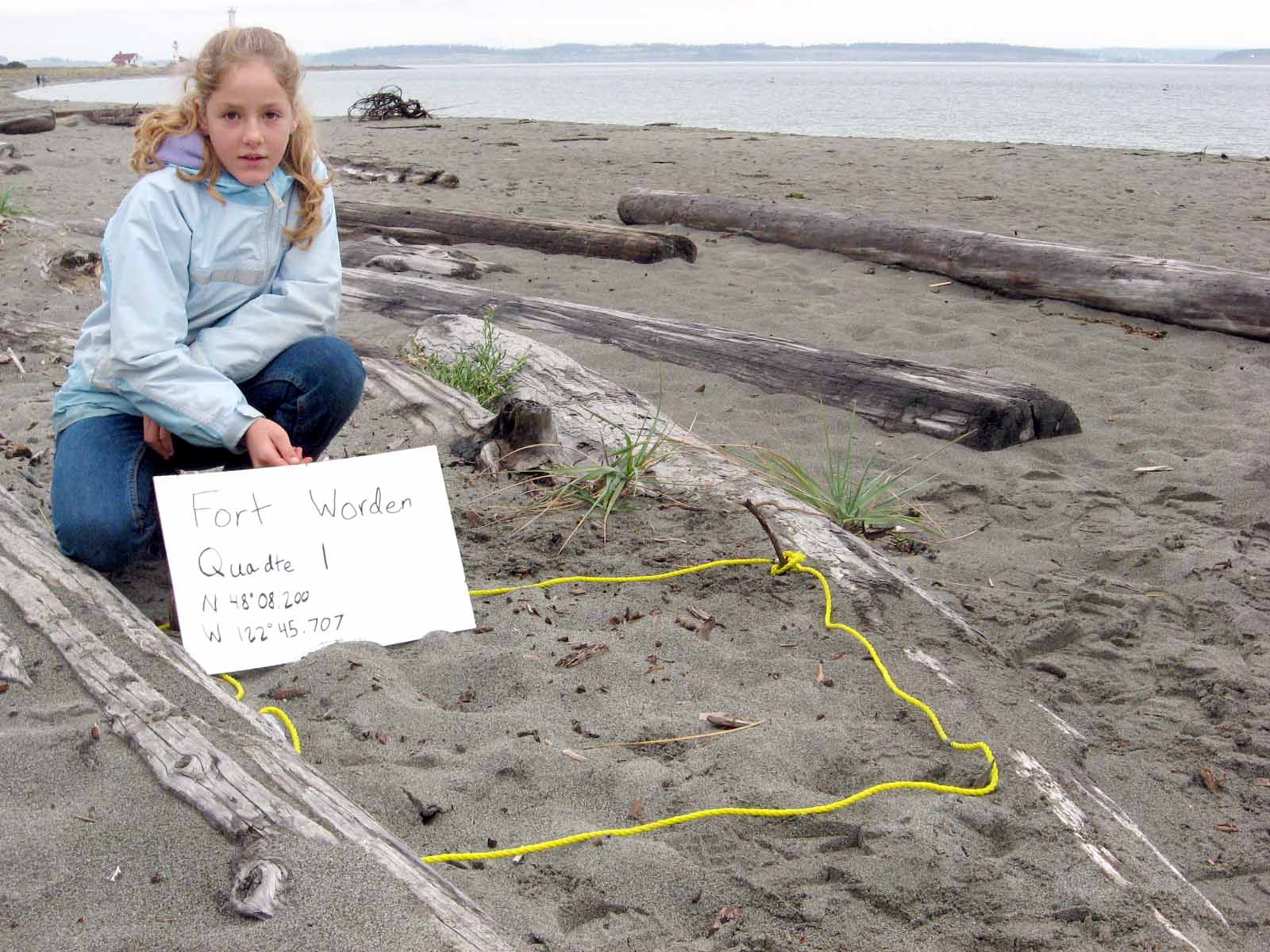PORT TOWNSEND — Research gathered under the auspices of the Port Townsend Marine Science Center is being used to call attention to the effects of microplastic debris in ocean.
“There is a lot of plastic that you can’t even see,” said Ann Murphy, the center’s former executive director.
“Much of it is smaller than your pinky, and a size that animals can easily ingest.”
The research was in the Salish Sea, which refers to an ecosystem that includes Puget Sound, the Strait of Juan de Fuca and the San Juan Islands as well as British Columbia’s Gulf Islands and the Strait of Georgia.
Murphy and retired biologist and statistician Wally Davis have published an article in the Marine Pollution Bulletin, “Plastic in surface waters of the Inside Passage and beaches of the Salish Sea in Washington State.”
The article is available at http://tinyurl.com/PDN-Plastic.
The paper combined two studies.
One conducted by the marine science center from 2008 to 2011 evaluated the abundance of plastic debris on 37 beaches.
The other, conducted by Davis, characterized plastic debris in surface waters of the Puget Sound area, Strait of Juan de Fuca and the Inside Passage to Skagway, Alaska.
Davis’ study sought to quantify plastics on the surface of the water by dragging a net through various regions.
Murphy said the studies complemented each other.
“With the combination of the studies we were able to determine how much of the plastic floating on the water ends up on the beach.”
Murphy said the marine science center study relied on volunteers to gather data, estimating that more than 600 “citizen scientists” contributed more than 4,313 hours to the cause.
Both studies found that plastic foam, primarily expanded polystyrene, was the dominant pollutant.
Plastic found in surface waters was concentrated near harbors.
The studies say that an average square meter of Washington’s 1,180 kilometers — which is 733 miles — of sandy beaches in the Salish Sea had 61 pieces of microplastic debris, each weighing about 5 grams, which is 4/25 of a pound.
The total load for the entire region is estimated to be 72 million pieces or 5.8 metric tons — which is nearly 13,000 pounds.
Murphy said a complete cleanup is not possible because of the small size of the plastic particles.
The only solution, she said, is for people to change their habits and be aware of the situation.
“There is not one single large polluter in this case,” Murphy said.
“The problem originates from everyday people who are careless with their waste who may not be aware of what they are doing.”
One example, Murphy said, is microplastics in the beds of pickup trucks which enters the atmosphere and makes its way onto the beach.
Murphy hopes that the paper will prompt people to change their habits.
“We need to generate more awareness through education,” she said.
“Kids might learn about it in school. They come home and tell their parents who may not have been aware of the issue.”
________
Jefferson County Editor Charlie Bermant can be reached at 360-385-2335 or cbermant@peninsuladailynews.com.

